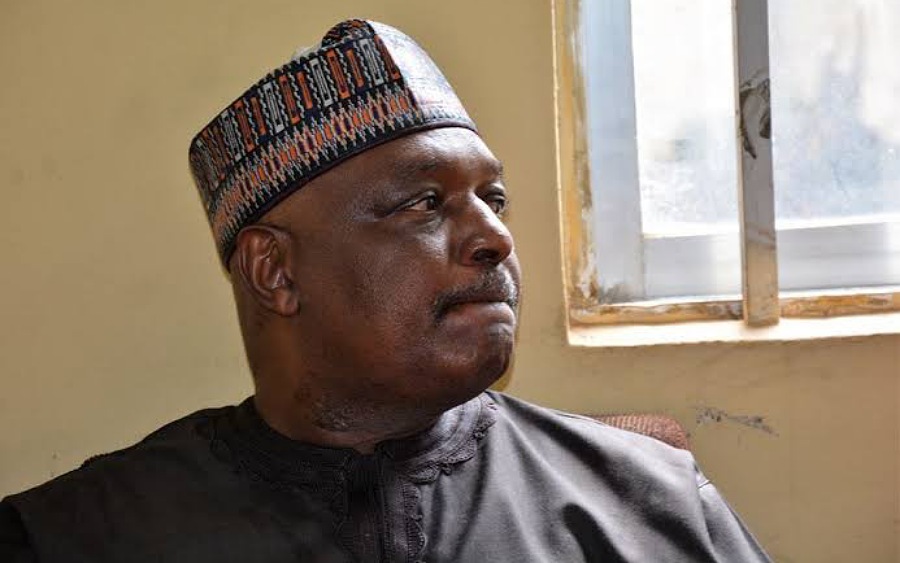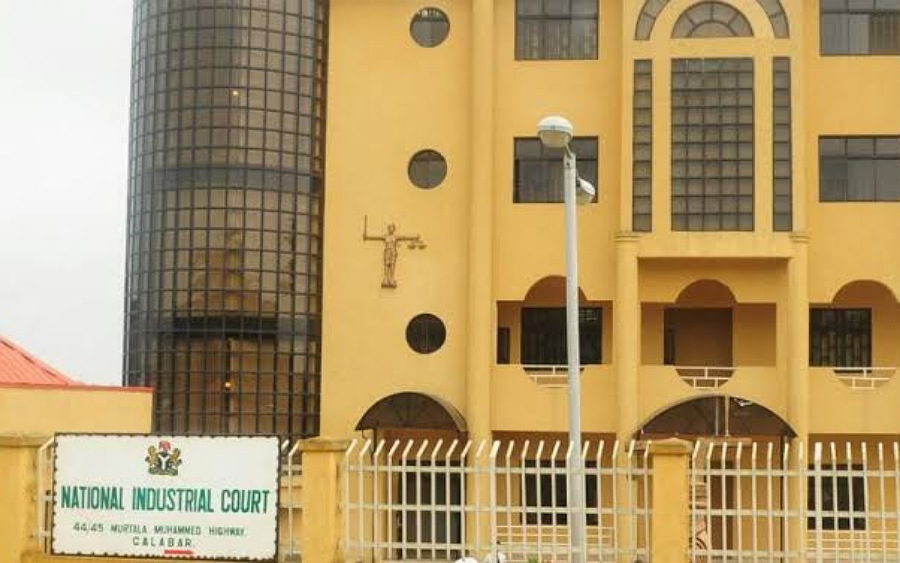Justice Osatohanmwen Obaseki-Osaghae of The National Industrial Court in Abuja has ordered the Taraba State Government to pay its former Governor Jolly Nyame and three others their pension arrears owed him.
The Judge made the order on Tuesday, as she awarded the sum of N500,000 to the state government.
The court dismissed an objection by the Central Bank of Nigeria that the court lacked jurisdiction to entertain the suit..
How the judge ruled
Justice Obaseki-Osaghae held that the judgment debtors did not contest owing to the judgment creditors, following an undertaking entered for the payment of their pension arrears.
She noted that the undertaking was signed to stop the enforcement of the judgment when the movable property of the judgment debtors was taken by court officials.
The judge said there was no merit in the submissions of the judgement debtors.
Consequently, she ordered the state government to pay the former governors and others their pension Arrears.
Backstory
On July 12, 2019, the National industrial court delivered a judgment which ordered the state government to pay the sum of N151 million to the former governor and three others.
The three others are Uba Ahmadu, Abubakar Armayau and Bilkisu Danboyi
The money is unpaid pension arrears from May 2013 to October 2015.
In its judgement, the court ordered the state government to pay the money in 10 instalments payment which was to commence from July 2019 and is to be paid monthly u till the final liquidation of the total sum.
The state government at first paid N16.3 million on the first instalment and afterwards, nothing was paid until the duration of the instalment which was ordered by the bank ended in November 2021.
They had earlier received the sum of N45 million out of their total pension arrears of N196 million when they retired.
The Aggrieved workers had approached the National industrial court again and instituted a garnishee proceeding seeking to enforce the payment of the judgement debt.
A garnishee proceeding is a judicial process of executing or enforcing monetary judgement whereby money belonging to a judgement debtor, in the hands or possession of a third party known as the ‘Garnishee’ (usually a bank), is attached or seized by a judgement creditor in satisfaction of a judgement sum.
While the former governor and others are the judgement creditors, the state government became the judgement debtor and the Central bank of Nigeria the garnishee.
The court granted an order Nisi where it ordered the garnishee (CBN) to appear in court on a specific date and show cause why an order should not be made upon it for the payment of the judgement debt from the account of a judgement debtor to a judgement creditor.
The judgement creditors in their counter affidavit had submitted that the state government had funded with the Apex bank.
On January 24, the state government filed an application praying the court to set aside the order nisi is made on December 2, 2021. The apex bank, which objected to the garnishee proceeding, argued that the court lacked the jurisdiction to entertain the suit.
It contended that only a high court can entertain a garnishee proceeding against it as an agency of the Federal Government as provided by Section 251, 1(d) of the 1999 Constitution, and Section 84 of the Sheriff & Civil Process Act.
In response to CBN’s argument, the court held that it was enforcing its judgment and not the judgement of a federal high court.
The court also held that it has the jurisdiction to enforce the monetary judgment through a garnishee proceeding stating that the national industrial court has the same rank as any high court and its judgment could be enforced in a garnishee proceeding.
CBN also argued that it is a public officer and government agency which needs the AGF’s approval before a garnishee proceeding can be instituted against it.
The court in response held that the CBN was not a public officer in the context of Section 84 of the Sheriff & Civil Process Act.
Consequently, at today’s trial, the court, therefore, pronounced the order nisi made on December 2, 2021, absolute, as CBN had not shown cause why it should not be made so.
An Order Absolute is an order directing the garnishee to pay the judgement debt from the judgement debtor’s money in its possession.
What you should know
While a judgement creditor is a party that is entitled to the judgement sum, a judgement debtor is a party expected to pay the judgement creditor and a garnishee is a third party (mostly banks) that the judgement debtor has funds standing to his credit in its possession.





















